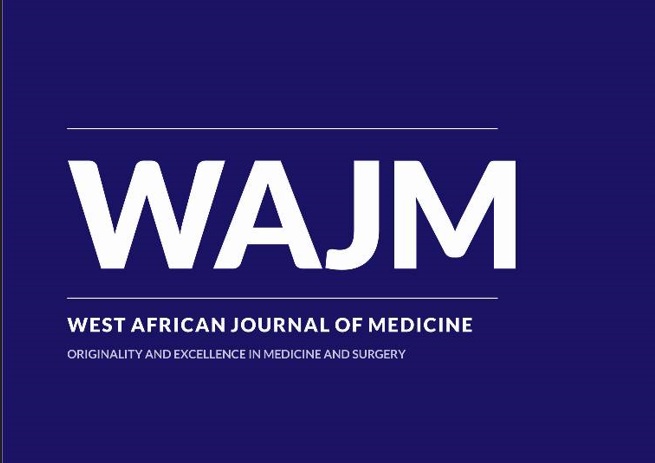ORIGINAL: The Evolving Application of DNA-Based Genotyping of Red Blood Cells in Blood Grouping: A Narrative Review
West Afr J Med. 2021 Mar 22;38(3): 269-273. PMID: 33765748
Keywords:
Red blood cells, blood grouping, DNA-based genotypingAbstract
Blood grouping system is made of diversities of inherited specific antigen markers located on the red cell membrane. Exposure to foreign antigens not present in individual genetic make-up stimulates the production of the corresponding alloantibodies which often times is detrimental to health. The high throughput, specific and cost-effective DNA-based red cell genotyping has improved health care delivery in blood transfusion science by enhancing our understanding of the genetic variations which control the expression of red cell antigens. It improves efficiency, accuracy of test, and enhances personalized therapy especially in transfusion dependent patients. This review aims to evaluate the evolving application of DNA-based red cell genotyping in determining blood group. It has helped to resolve discrepancies encountered with the conventional serological testing especially in difficult-to-type patients. Rare cell phenotypes with no commercially available antisera or weakly reacting antigens are easily detected. Furthermore, in-utero fetal DNA genotyping for identifying fetus at risk of haemolytic disease of fetus and newborn (HDFN), selection of donors for bone-marrow transplant and monitoring haemopoietic progenitor cells after ABO mismatch are other important applications of DNA-based genotyping.


